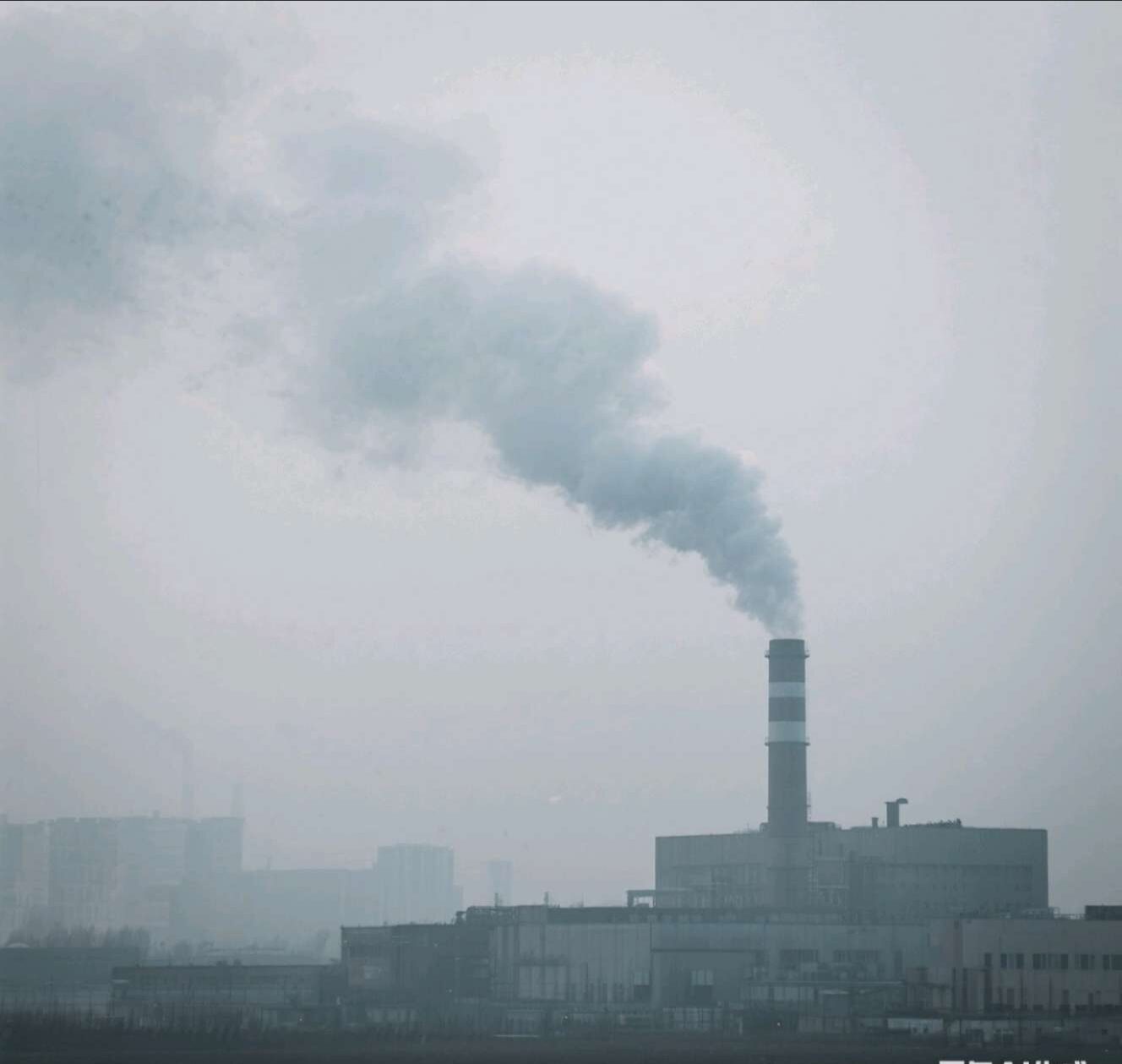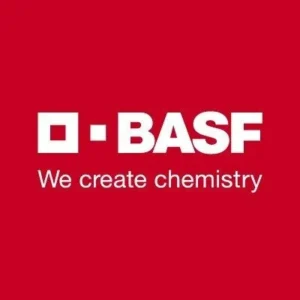New Jersey Attorney General Matthew Platkin announced on August 4 that the state had reached an environmental settlement agreement with three U.S. chemical companies: Chemours, DuPont, and Corteva. The companies agreed to pay New Jersey $875 million over 25 years to resolve claims related to the contamination of per- and polyfluoroalkyl substances (PFAS).
In addition to the substantial compensation, the agreement requires the companies to take responsibility for the cleanup and establish a security fund. Specifically, the companies will fund the cleanup of four contaminated former factory sites and establish a governance fund of up to $1.2 billion and a reserve fund of $475 million to guard against future bankruptcy or default.
According to the January 2021 Memorandum of Understanding, Chemours will cover 50% of the settlement payment, equivalent to approximately $250 million in present value; DuPont will cover 35.5%, equivalent to about $177 million in present value; and Corteva will cover the remaining 14.5%, equivalent to approximately $72 million in present value.
Platkin stated that the agreement holds accountable “companies that knowingly polluted land and water for decades” and that it is one of the largest environmental settlements independently reached by U.S. states.
PFAS is an umbrella term for various organofluorine compounds, including perfluoroalkyl and polyfluoroalkyl substances. These compounds are widely used in textiles, surfactants, food packaging, non-stick coatings, fire-fighting foams, and other applications. Due to their extremely strong carbon-fluorine bonds, which are difficult to break, PFAS are hard to decompose. PFAS persist in the environment and accumulate in the human body over time, causing health problems, including an increased risk of cancer, reduced fertility, and immune system damage. Therefore, they are often referred to as “forever chemicals.”
Since the Stockholm Convention took effect in 2019, the global regulation of PFAS has gradually strengthened. However, in 2024, special rapporteurs from the U.N. Human Rights Council stated that DuPont and Chemours “appear to have unduly influenced the U.S. Environmental Protection Agency and delayed its proper regulation of PFAS chemicals.”
In recent years, dozens of U.S. states have sued companies responsible for PFAS contamination. The states accuse the companies of environmental pollution and of concealing evidence of PFAS hazards.
As the number of lawsuits has increased, chemical giants have begun to reach settlements in these cases. In 2023, the aforementioned three companies reached a $110 million settlement with Ohio to resolve PFAS-related claims. Previously, New Jersey had reached multi-million-dollar compensation agreements with 3M, Solvay, Arkema, and other companies regarding PFAS contamination.
3M reached a preliminary $10.3 billion settlement over PFAS-related water pollution claims. Reports say this is the largest PFAS agreement in the U.S. and one of the largest mass tort deals in history.
DuPont, founded in 1802, is a U.S. materials manufacturer headquartered in Wilmington, Delaware. The company’s business covers electronic technology, water treatment, protection, industrial technology, next-generation automobiles, and other fields.
Both Chemours and Corteva are spinoffs of DuPont. Chemours, a global specialty chemical provider, was formed from DuPont’s titanium dioxide business in 2015. It operates independently and has a presence in the coatings and plastics industries, among others. Corteva focuses on the agricultural sector and was formed by the merger of Dow and DuPont’s agricultural divisions in 2019. Its primary business is developing and producing agricultural chemicals.
According to reports, these restructurings “have led to disputes over liability issues among some related companies and added considerable difficulty for those seeking remedies and compensation.” Relevant enterprises have also used restructuring as an excuse to delay the division of responsibilities. Experts predict that, due to stricter regulations and increased public awareness, a wave of lawsuits and substantial settlements over PFAS contamination will continue in the future.









